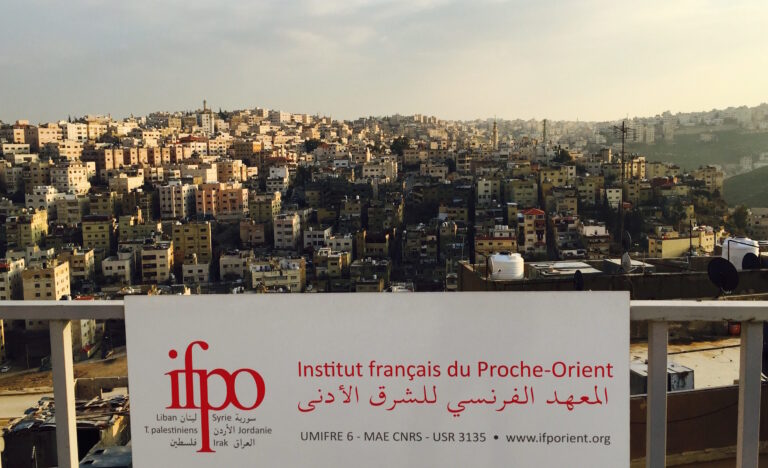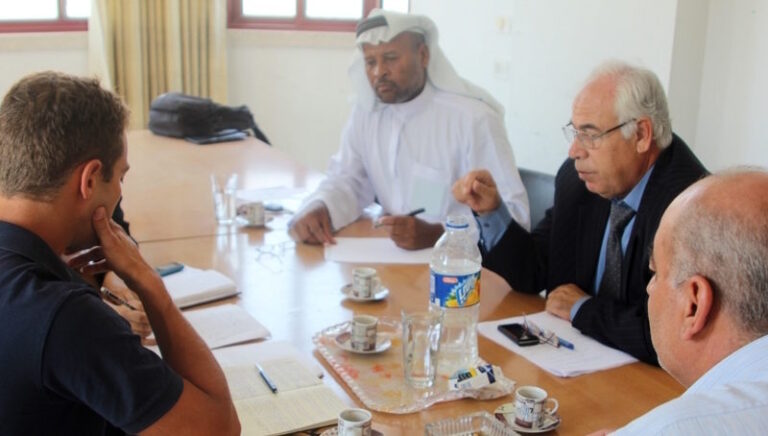
PROJECT ON LEVANTINE CUSTOMARY DISPUTE RESOLUTION
THE POLITICS OF PEACEMAKING: Wasata, tahkim and the negotiation of justice in Jordan and Palestine
Article in the Journal of the Swedish Bar Association – Advokaten
Project announcement and introduction by the Swedish Bar Association
Press release by the Swedish Defence University – New research project
Project summary:
Peacemaking politics is a social scientific phenomenon that is situated at the intersection of religion, customs and domestic politics. The phenomenon has arisen in societies which have experienced varying levels of state authority and during these periods have fostered strong traditions of customary dispute resolution as means to handle social conflicts – in the absence of a working (state) judicial system. In the Levant, particularly, these advanced customary mechanisms for handling disputes between members of the community, redressing wrongs and restoring the social balance between individuals and families have lingered and remained in use by the people living there.
Gradually, as several Levantine states have grown stronger and attempted to reclaim their authority and administration over society, they have particularly experienced difficulties in restoring their monopoly within the judicial field. An initial reaction from these states has then often been to illegalise all forms and streams of informal justice-making, considering them as a threat to their authority. Eventually, though, the states have experienced that the popular reliance on and deeply entrenched trust in the informal institutions have been difficult to compete with. Struggling to increase the reach of and to consolidate their power, several states have rethought their strategies for how to wield their authority more efficiently. A common shift of strategy that has been observed among several of them has been to re-allow informal justice-making to be practised in parallel with the formal system. These states have then instead opted for increased control and influence over the informal judicial institutions.
Peacemaking politics refers to how these informal institutions of justice-making appear to gradually be coming under the influence and regulation of the state, primarily to serve its own interests. The popular traditions-bound informal judicial system is transformed from earlier having constituted relatively apolitical ways and methods of peacemaking and reconciliation between private disputants into becoming venues of domestic politics, used by the state to wield its power and authority over its citizens and political opponents. As the power-related interests of the state naturally do not go hand in hand with the individual interests of its citizens, for instance in terms strengthening human rights and the rule of law, a fierce clash of both values and interests arise here.
This research project takes a critical approach to informal justice-making and how to consider its role in the processes of democratisation and state-building. This critical approach is captured in the concept of ‘peacemaking politics’, implying that the process is intertwined with politics. Theoretically, the study will be grounded in political scientific theory about governance, anthropological theory about customary dispute resolution, as well as legal scientific theory about sharia and customary law. However, as opposed to other studies, the present project will take a local point of view and consider the cases under study on their own terms and in their own cultural context (to seek to avoid any exotism or Western bias).
Although a brilliant way of social organisation as such, the project will ask questions about the actual fairness and ‘justness’ of the rulings/settlements that come out of the informal system. The project will also critically reflect on the involvement of the state in informal justice-making and the intentions that may lay behind such an involvement. The project will further scrutinise in detail the nature of the relations between the formal and informal institutions of justice-making, including the way they interact, cooperate, compete and cross-fertilise each other. The project will yet further investigate how this affects the citizens’ access to third-party settlements of legal disputes, to justice and to the rule of law.
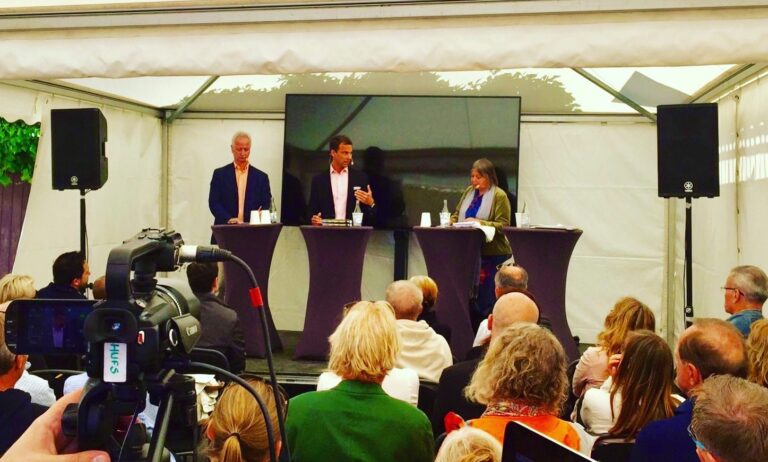
PROJECT ON ISRAELI-PALESTINIAN DOMESTIC POLITICS
THE FUTURE OF POLITICS IN ISRAEL AND PALESTINE: Re-orientation and re-organisation of the post-Oslo generation
Project summary:
This project investigates the new emerging political landscape in Israel and Palestine after the failures and deep disappointments of Oslo and the Arab Spring. In doing so, the book puts the spotlight on the new generation of youth politicians and activists that were born and grew up during these past two decades – the darkest period of the Israeli-Palestinian conflict thus far. Not knowing any other posture than hopelessness vis-à-vis life and the future, the activism and political participation of the youth of today looks much different than earlier generations. Moreover, much importantly, the nature of how this new generation has mobilised politically is still to a large extent unknown, let alone poorly researched by the academic community.
Against the backdrop of the many unfulfilled promises by earlier political leaders on both sides – what does this new generation of emerging youth leaders and political activists seek to achieve in their era? What are their staunchest criticisms of their predecessors and what will they do different? Which are their political ideas and suggestions for how to make their societies better and succeed in improving the lives of both Israelis and Palestinians? How do they view and address the Israeli-Palestinian conflict? Can this conflict be resolved at all? What do these youth envision in terms of future developments in the domestic political arena?
In seeking to answer these questions, this project takes a new approach and puts the spotlight instead on the youth that will be tomorrow’s political leaders, rather than those already in power today. Such shift of focus deviates from both traditional political studies in general and more specific studies of the Israeli-Palestinian case in particular. However, by doing so, it will assist in building a picture of what to expect from Israeli and Palestinian domestic politics in this era – and give us a glimpse of what the future of politics in this arena will be like.
From a policy perspective, the project’s preliminary conclusions point to it becoming a wake up call to the international community. Israeli and Palestinian societies have changed considerably since the Oslo era and are no longer the same. While Israel has seen strong economic growth and societal consolidation, Palestinian society has developed in the opposite direction with increased political fragmentation and nearing a standstill in its statebuilding process. Nevertheless, the international community, spearheaded by the European Union, is advancing the same policy vis-à-vis Israel and Palestine, and the same idea of how to resolve their conflict, as it has since the 1990s.
The conclusions of this project appear to carry an important message to the policy makers of the international community: The Oslo era is no longer and the window of opportunity that was then has now closed. In this new post-Oslo post-Arab Spring era, opportunities and constraints are different than before. For policy makers around the world, this requires a re-education about what the new Israeli and Palestinian domestic politics of today are really about. The new generation of political leaders have different ideas and, in many regards, want different things for their respective countries and peoples than what their predecessors did.
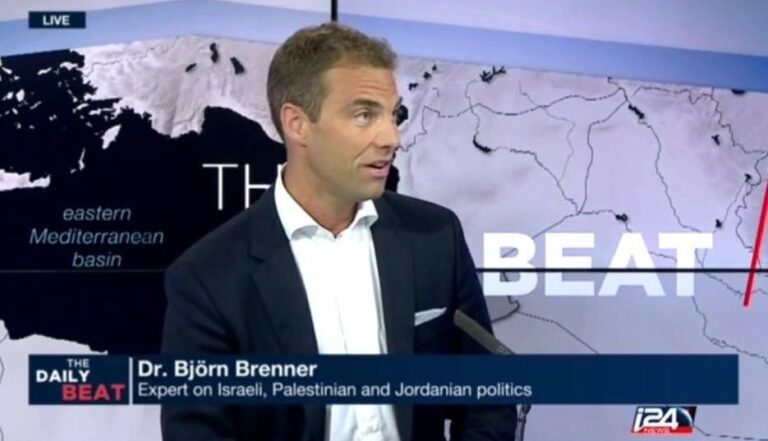
PROJECT ON ISLAMISTS IN POWER IN THE ARAB WORLD
ISLAMIC GOVERNANCE HAMAS STYLE: Readings from the Palestinian experiment in Islamic democracy
Doctoral Thesis – Summary in Swedish
Doctoral Thesis – Summary in English
Press release by University of Gothenburg
Press release by Swedish Defence University
Project summary:
This project investigates how the Palestinian Islamists in Hamas came to govern following their success in the 2006 parliamentary elections. The study poses the overarching research question: How can Hamas’s governance in the Gaza Strip between 2006 and 2012 be characterised and understood? Hamas has attracted particular research interest, partly due to its seemingly contradictory nature and actions, and partly due to the fact that this was the first case of Islamists in the Arab world to ascend to power by democratic means. On the one hand, Hamas has led an armed struggle against Israel which has even included suicide bombings against the Israeli civilian population. On the other hand, Hamas has more recently shown both the will and the ability to participate in electoral processes in a peaceful and democratic fashion.
As a result of this, the case of Hamas relates to two scholarly debates in particular. The first debate concerns the nature of Islamism – whether Islamist ideals can be considered fully compatible with democracy. Ultimately, this debate has come to focus on what the democratic potential of Islamists would mean in practice, should they get the chance to hold power. The second debate concerns the nature of Hamas – how to comprehend the paradoxal conduct of this actor and in what direction it is heading politically. There is also a strong extra-scientific relevance to the study, as Hamas remains a powerful force in the Israeli-Palestinian arena. How Hamas is dealt with, both by Israel and the international community and by the Palestinians themselves, will have repercussions on when and in what shape the pending Palestinian state will materialise.
Based on existing scholarship on this subject, the aim of this study holds theoretical, methodological and empirical ambitions: Theoretically, the study seeks to contribute to the two debates mentioned above. Methodologically, it seeks to contribute by suggesting a new framework for the analysis of Islamist governance. Empirically, it contributes by adding a new case study to the existing research on Islamists in power.
The study addresses the research question by focusing on how the new government perceived and reacted to three key challenges to its exercise of power: relating to the political system and the main opposition party; countering violent radicalisation and local splinter groups; and re- establishing societal order and reforming the legal system. The analysis is based on a recently collected set of primary data consisting of both observations and interviews. The respondents include ministers, advisors and civil servants in the government, as well as military commanders, internal security personnel and members of the Qassam Brigades. They also include some of the Hamas government’s fiercest critics, notably Salafi-Jihadis, youth dissidents and members of the Fatah party.
The study finds that the Hamas government lacked the necessary organisation, knowledge and experience to carry out its duties. It also finds that the government perceived itself to be subjected to an imminent threat of being overthrown. The study shows that while the Hamas government was far from fulfilling the democratic promises it had set out in its reform programme, it did not proceed to change the political system into a sort of Islamic theocracy governed by sharia. As the analysis concludes, Hamas’s governance could be characterised neither as singularly authoritarian and Islamic, nor as merely democratic and secular. Rather, Islamist governance Hamas style has been a blurred combination of all these traits together, firmly guided by a far-reaching ideological pragmatism and a continuously perceived necessity for further power consolidation.
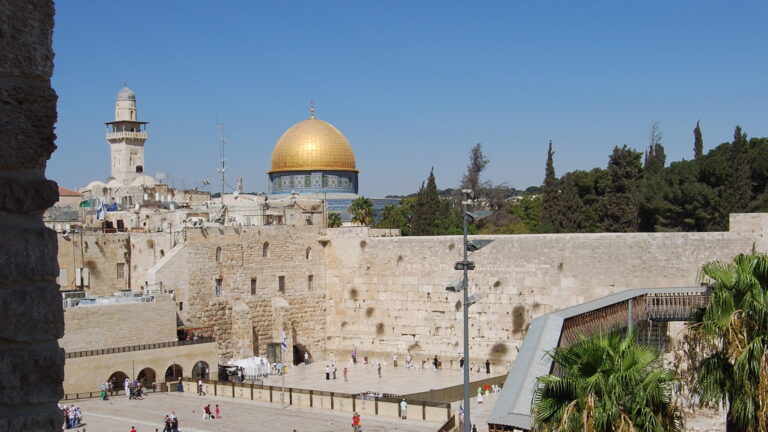
RECOMMENDED READING
Syrian affairs:
Xx
Israeli affairs:
Xx
Palestinian affairs:
Xx
Jordanian affairs:
Xx
Lebanese affairs:
Xx
